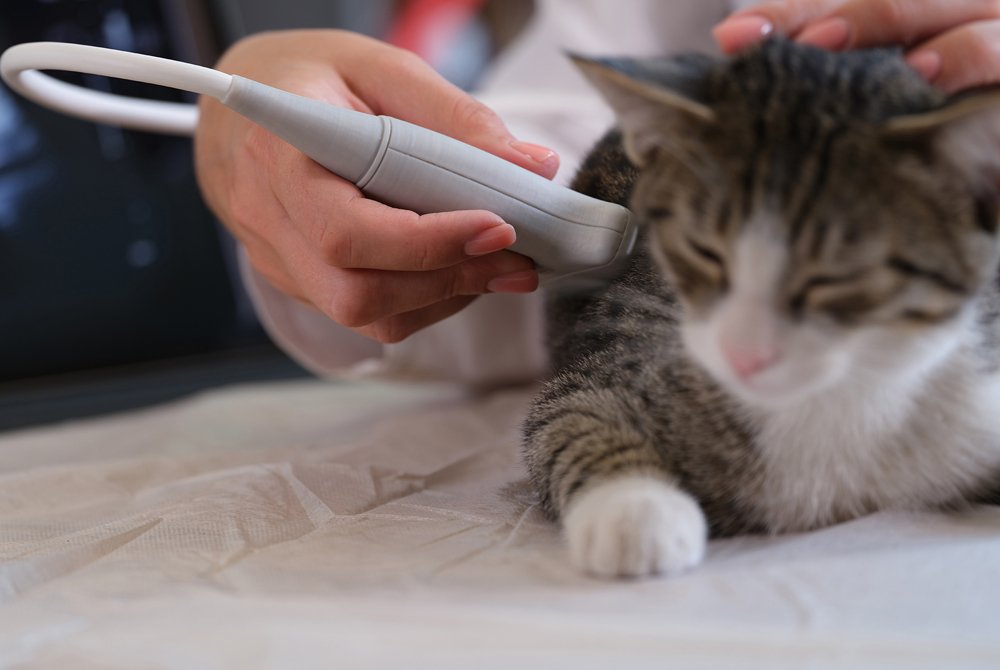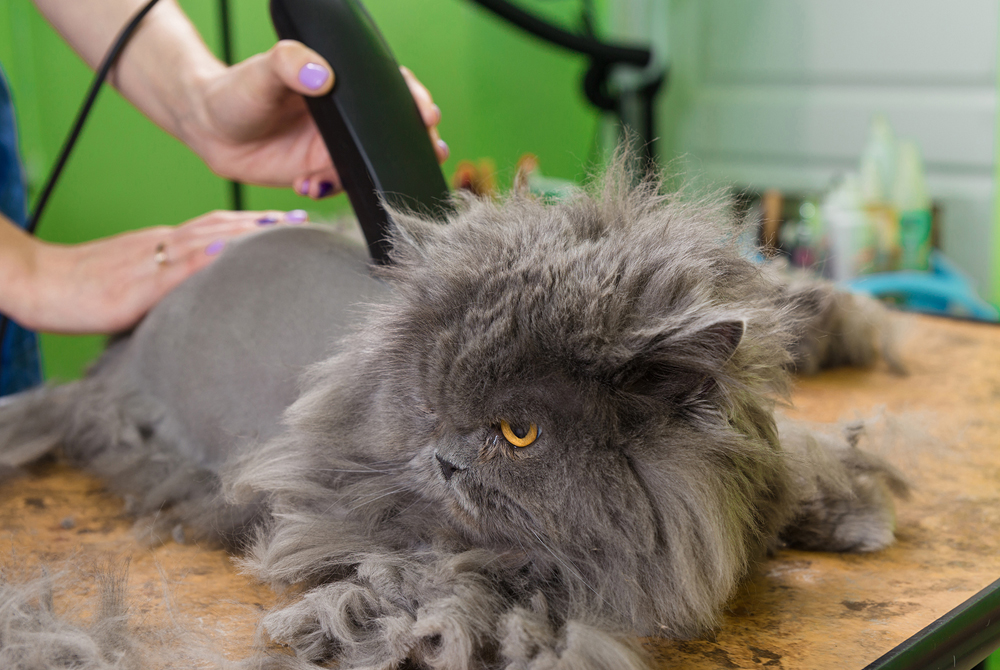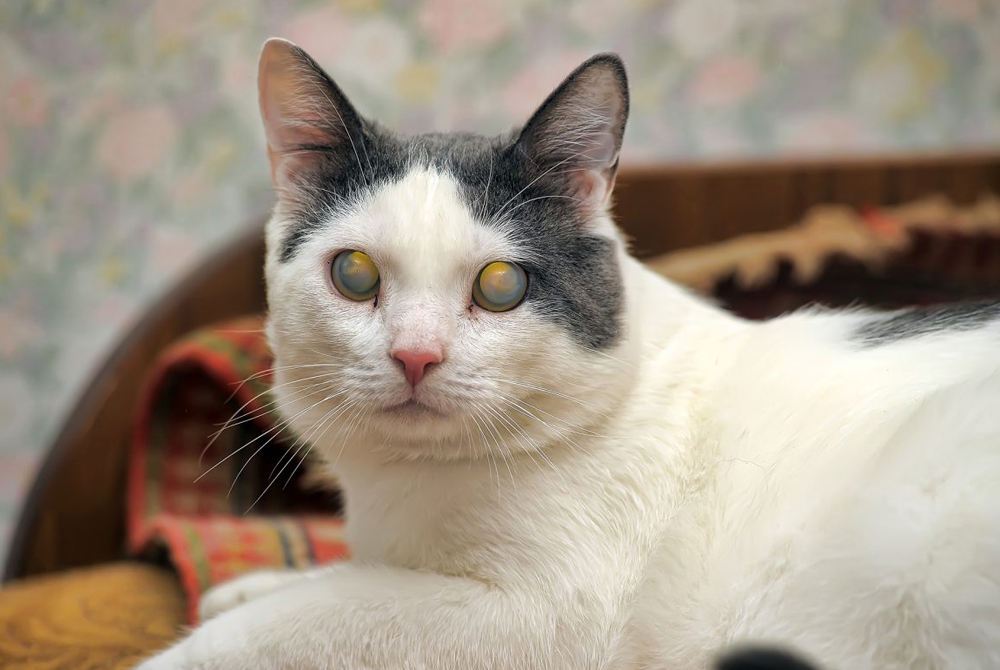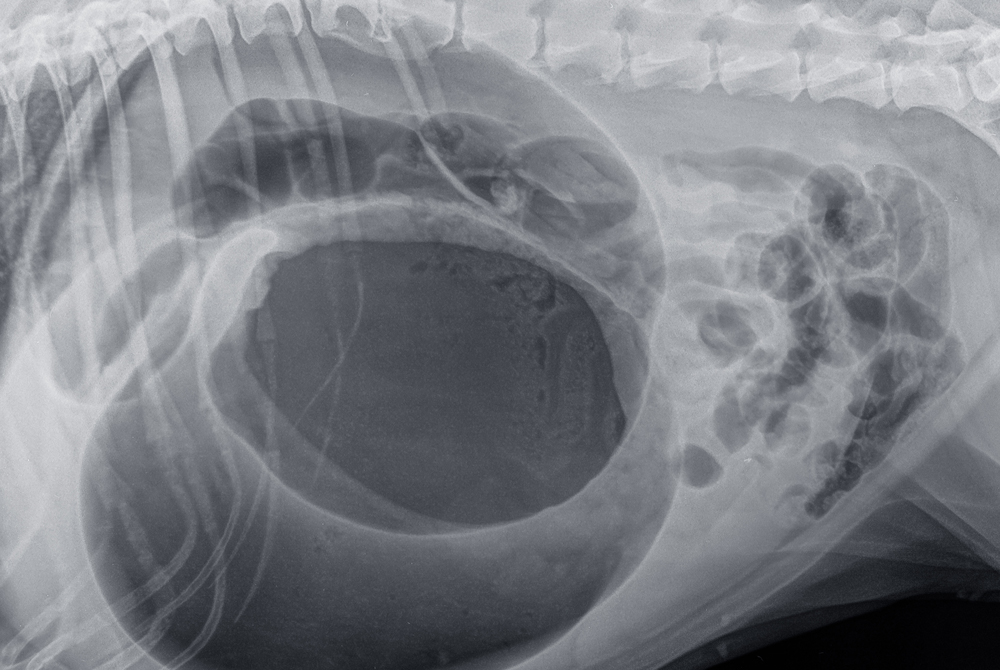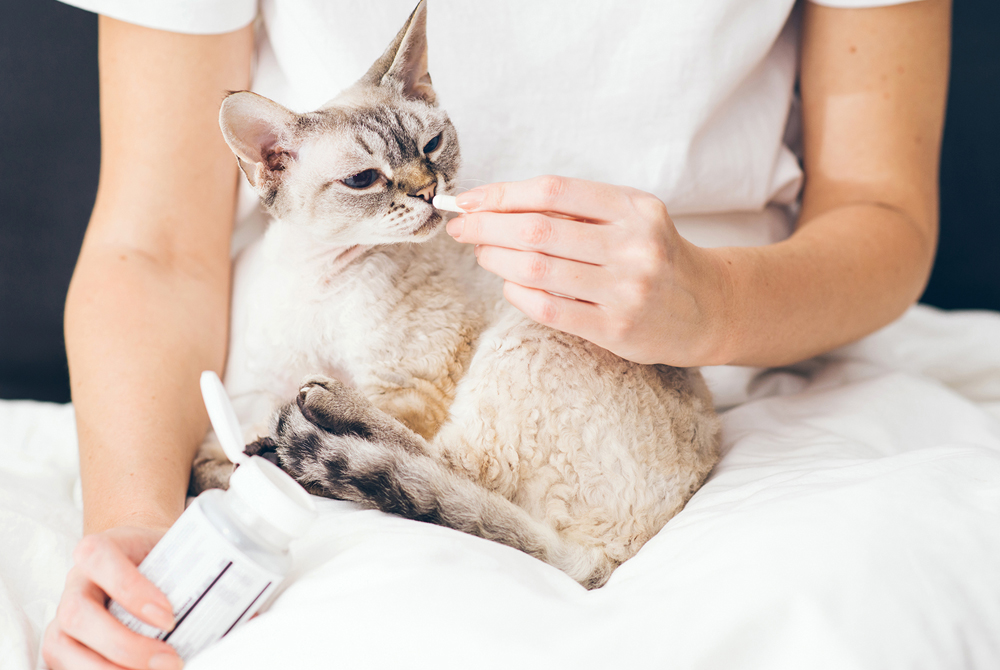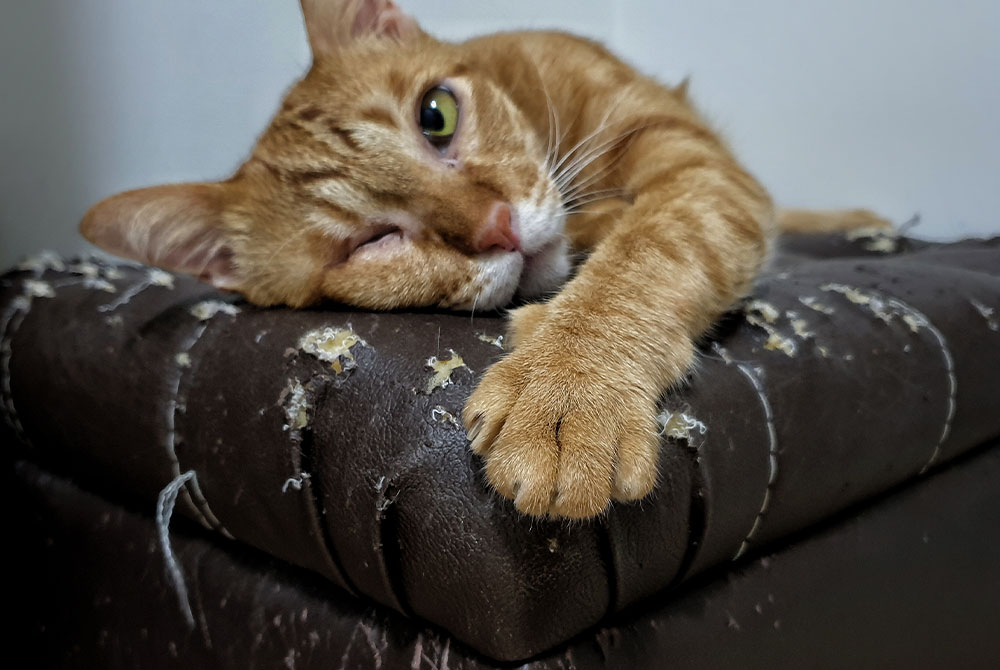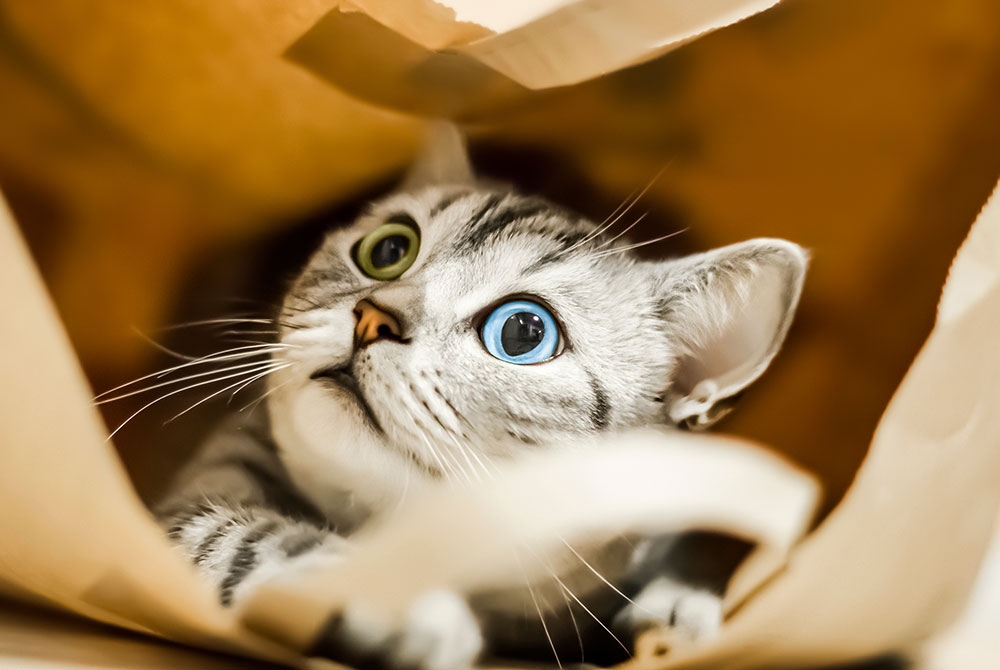Hip Dysplasia in Dogs
Mission Veterinary Clinic 16915 San Fernando Mission BlvdGranada Hills, CA 91344 Phone: 818-363-8143 Website: missionvet.com What is Hip Dysplasia? Hip dysplasia is a common orthopedic condition in dogs where the hip joint doesn't fit into the hip socket properly. This malformation can lead to arthritis and pain as the dog ages. It is a genetic [...]



